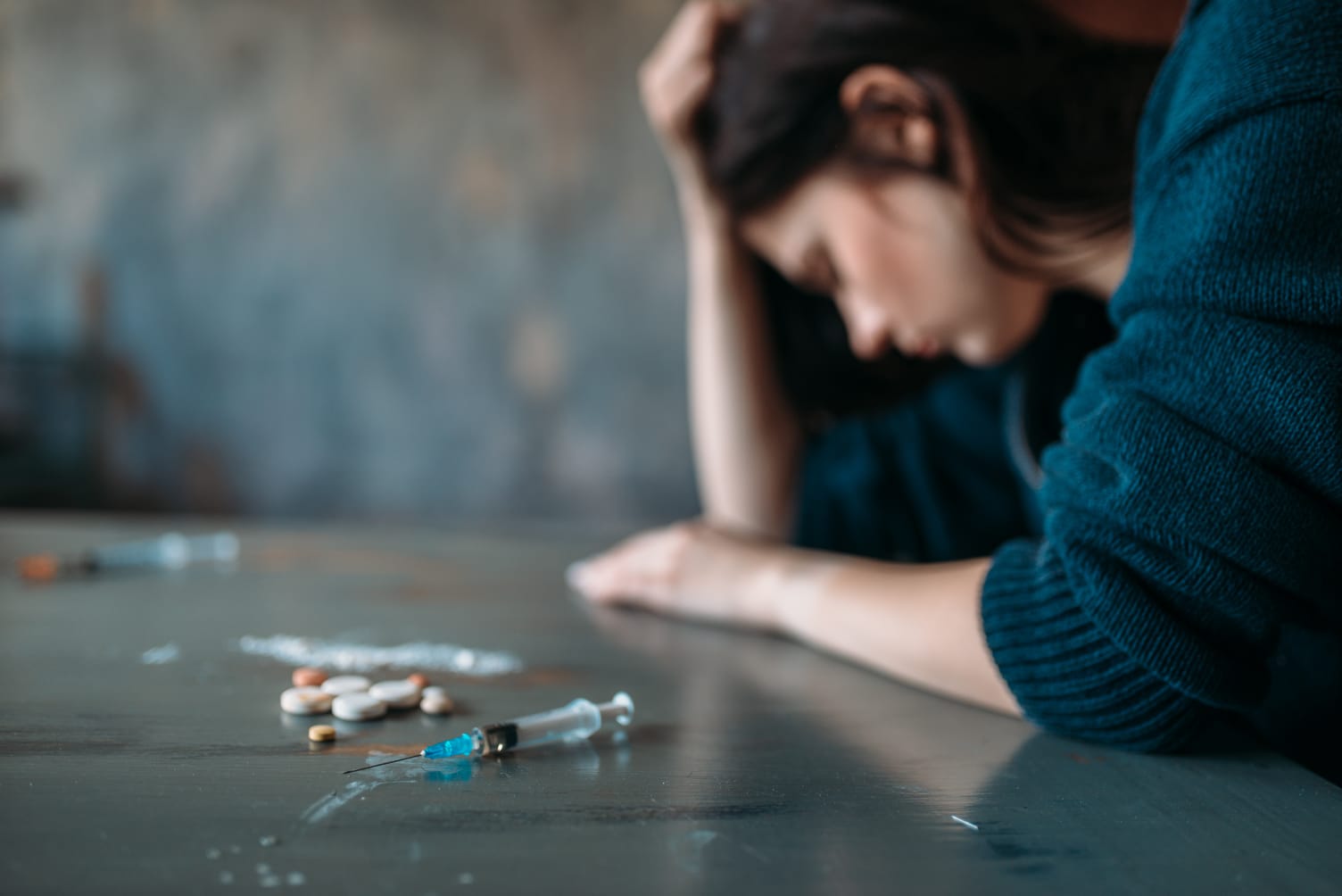Drug Addiction Trends in New Jersey
Abuse of substances has plagued humanity since history was recorded. However, the current torrent of addiction is unprecedented. The ill-effects of being addicted to drugs or alcohol is widely disseminated – educational and prevention programs, lectures informing students of its consequences, and myriad movies that have portrayed the negative impact of addiction on celebrities.
Despite increased awareness, over 36 million people worldwide reportedly suffered from substance use disorders in the last year, as per the 2021 World Drug Report by the United Nations Office on Drugs and Crime (UNODC).
Substance abuse status in New Jersey
Within America, New Jersey in particular has been impacted by the widespread drug use of its citizens. This is likely due to the easy availability of illegal substances such as heroin as well as legal painkillers like oxycodone and hydrocodone in the state due to it being on the route to New York City from the south. Many Drug treatment centers in NJ provide treatment to individuals struggling with addiction, but addiction is a chronic disease and, quite often, the journey from addiction to long-term recovery takes a jagged path.
According to surveys, the current status of the prevalence of substance use disorders in New Jersey are reflected in the following ways:
- 9 opioid prescriptions in New Jersey were written for every 100 people in 2018, with the rate being the lowest it had ever been since data could be accessed in 2006
- 1% of men and 11.7% of women were reported to have an episode of excessive alcohol consumption in 2018
- 42% of individuals admitted for drug abuse treatment in 2019 were afflicted with heroin addiction
- New Jersey Substance Monitoring System (NJ-SAMS) revealed that there were 98,479 admissions for addiction treatment in 2019 with 68% of individuals suffering from substance use disorders being male and 32% female. The counties of Camden, Ocean, and Essex were the ones with the highest number of admissions.
Effects of Covid-19 on drug addiction trends
The Covid-19 pandemic has led to increase in drug and alcohol use across the world, with local, outpatient treatments rising in popularity due to government restrictions on public movement. Stress due to social isolation, difficulty accessing treatment, and worsening mental health were the key reasons.
Deaths due to alcohol or overdose in New Jersey reached a high of 3046 lives in 2020, as compared to the 2,914 deaths in 2019. Most of these were caused by opioid overdose. This can be directly linked to relapse or vulnerability to addiction as millions of people lost their jobs as well as loved ones to Covid-19 in the last two years. Drug rehab centers in New Jersey also faced hurdles during the pandemic, keeping afflicted individuals from receiving addiction treatment.
Impact of substance abuse
Besides causing thousands of deaths every year, substance abuse also affects day-to-day functioning. It affects an individual’s ability to perform regular functions or keep up with responsibilities. Furthermore, substances such as tobacco, alcohol, or drugs lead to health complications such as chronic liver disease, cardiac problems, as well as respiratory diseases.
Moreover, many accidents that hurts individuals who did not abuse drugs or alcohol are caused by individuals driving under influence; suicides have also been associated with both drug and alcohol use. Drug or alcohol use during pregnancy can lead to birth defects and improper development of the fetus. This is because drugs like cocaine permeate the placenta and limit blood flow to the embryo.
Drug’s, such as cocaine are easily available in all corners of New Jersey, be it Livingston or Monroe, Union or Phillipsburg, Somerset or Manalapan, Colts Neck or Toms River. Other drugs such as heroin and methamphetamine also being at low prices. Such easy availability has led to casual consumption of drugs across the state.
- 3,888 individuals in New Jersey aged 18-21 were admitted for substance abuse treatment in 2019
- 13,423 users resorted to Methadone to cope with meth and heroin addiction in 2018
Habitual consumption affects parts of a user’s brain, hindering their judgment and decision-making skills. Moreover, constant consumption also creates withdrawal symptoms that cause users to become stressed when a particular drug is not available.
Many users continue consumption as a way to gain relief rather than for pleasure. It has also been found that substance abuse is initially formed as a result of genetic and environmental factors, and not from the drugs themselves.
Measures taken in New Jersey to combat substance abuse
To combat the public health issue of substance abuse, Governor Murphy’s administration in New Jersey has implemented comprehensive measures across the state. This includes increased accessibility to drug rehab clinics in New Jersey, medication assisted treatments, or MAT, harm reduction, and increased prevention efforts.
Collaborative and data-driven programs such as Prescription Drug Monitoring, Drug Take-Back days, Drug-Free Communities, and National Anti-Drug Campaigns have been actively set up on the state level to facilitate recovery, and modern treatment programs aimed towards supporting recovery and reducing probability of relapse and preventing addiction offers hope for a better future wherein residents can lead safer and better lives.
Related Articles
Drug and Alcohol Rehab in New Jersey

